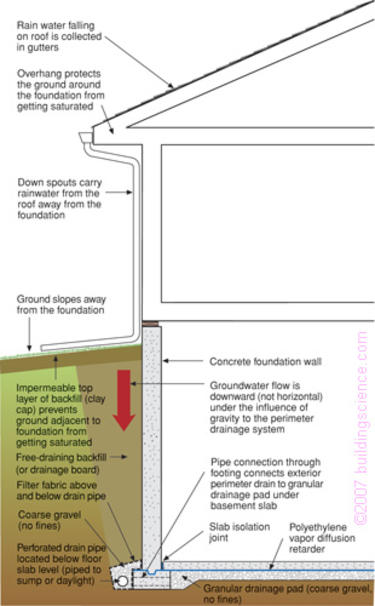Good slabs on ground are made from a mix in which the water cement ratio is kept low and they contain as much coarse aggregate as possible at the surface.
Recommended compressive strength of concrete for residential basement floor slab.
The specification for the floor of a maintenance building called for a 6 inch slab thickness and concrete with a design compressive strength of 3000 psi.
The actual average cylinder strength for the floor concrete was 3630 psi.
Water reducing admixtures lower the amount of water needed for workability and improve compressive strength at all ages.
Psi is a measure of compressive strength or the ability of the material to carry loads and handle compression.
Between 3 500 to 5 000 psi on suspended slabs beams and girders.
While traditional concrete normally has a compressive strength ranging anywhere from 2 500 to 5 000 psi uhpc can have a compressive strength of up to 10 times that of traditional concrete.
After just 14 days of curing uhpc has a compressive strength of 20 000 psi.
Need help with a concrete project.
This number increases to 30 000 psi when fully cured for 28 days.
0 70 15 4 7 r 3 interior slabs on ground not exposed to freeze thaw 0 65 20 c 2 garage floors and all concrete exposed to freeze thaw and deicing salts such as walkways driveways patios steps 0 45 32 5 8.
This type of concrete can be used for sidewalks and residential driveways.
Four months after the floor was placed 10 cores were drilled measured and tested in compression.
Typically reinforced concrete ranging between 3 500 to 4 000 psi is used on footing and slabs on grade.
Compressive strength must be at least 3500 psi.
And walls and columns normally require between 3 000 to 5 000 psi.
This concrete is generally more affordable than higher strength concrete.
However 4 500 psi as the ideal.
A strength of 4 000 psi pounds per square inch after a one month cure is the industry minimum for concrete driveways slabs and sidewalks.
2 3500 4000 psi concrete with a psi of 3500 to 4000 is typically used for concrete beams and footings.









